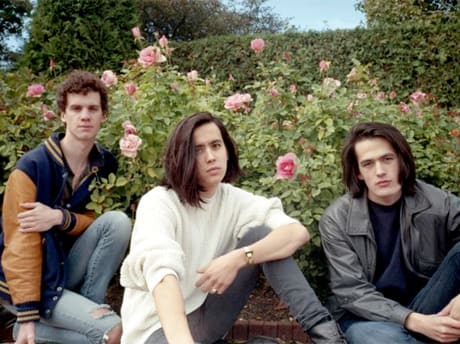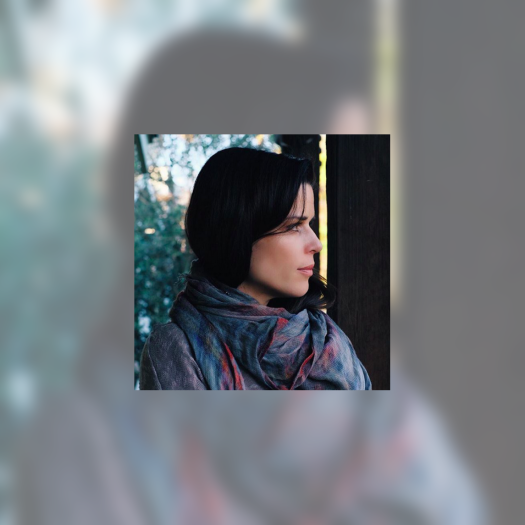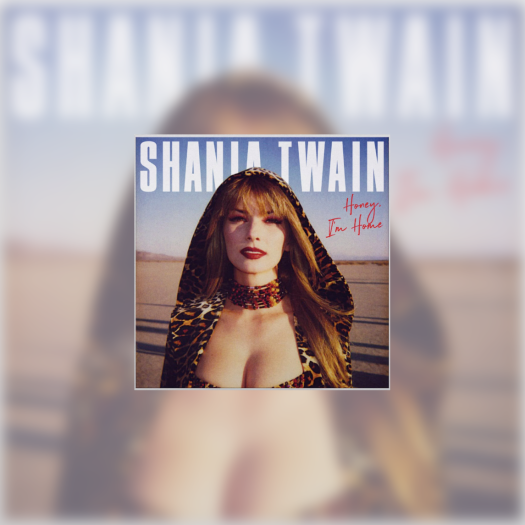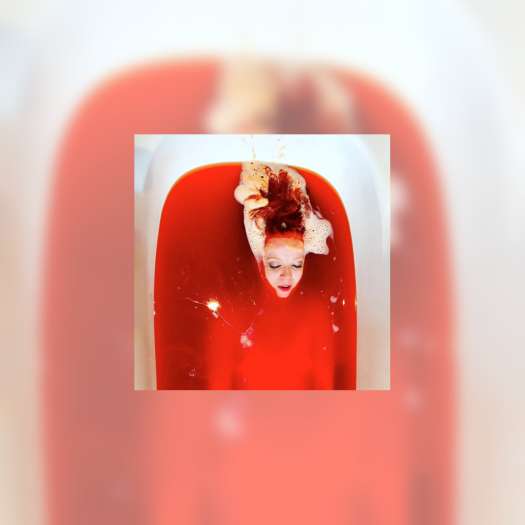Following in the footsteps of no-fi alumni Wavves and Best Coast, Chicago, IL's Smith Westerns have left the grating hiss and overblown production in their basement. Upgrading the fidelity, and hopping into a proper studio with producer Chris Coady (Beach House, Trail of Dead), the band have taken a giant leap forward. The polish isn't so lustrous that it kills their charisma, but by rinsing the scuzz from their sound, the band appear ready to become the bona fide arena act of their dreams. Part of the allure of their self-titled debut was in how it channelled the ghost of Marc Bolan and his glam rock licks. And while the affection for T.Rex and early power pop is still the dominant influence, Dye It Blonde digs deeper into their record collection. A newly exploited fondness for the guitar-led anthems of '90s alt-rock, primarily Britpop, adds some modernity and range to what was basically borderline homage. "All Die Young," with its high school dance lilt, and "Weekend," with its irresistible hooks, feel destined to be UK indie chart toppers, were they written 16 years prior. No matter how steeped Dye It Blonde is in the ghosts of the past, it's sure to be a record remembered in future days.
What made you drop the noise?
Singer/guitarist Cullen Omori: I think there was a huge shift between the two records, as far as where we were as musicians and what we were listening to. We played over 100 shows in 2010, so we felt more confident as performers. And we didn't want to do the lo-fi thing and make the same record; we wanted to show everyone that we're not "ramshackle, jangly garage kids." I was really tired of reading that.
The first album was about girls. What is Dye It Blonde about?
The reason we started doing love songs was because those were the songs we were influenced by, but also because everyone else was writing cryptic lyrics, so singing the most obvious clichés would be different. The new record is still using the love song format, but it's also about being a band.
What was it about Britpop that made such an impression on you?
I was really looking to '90s music for the choruses, like with Oasis, Blur and Suede. The Suede guitars we definitely tried to put a little of in there. I wanted all of the choruses to be really anthemic, so that anyone could sing along to the songs without anything being compromised.
(Fat Possum)What made you drop the noise?
Singer/guitarist Cullen Omori: I think there was a huge shift between the two records, as far as where we were as musicians and what we were listening to. We played over 100 shows in 2010, so we felt more confident as performers. And we didn't want to do the lo-fi thing and make the same record; we wanted to show everyone that we're not "ramshackle, jangly garage kids." I was really tired of reading that.
The first album was about girls. What is Dye It Blonde about?
The reason we started doing love songs was because those were the songs we were influenced by, but also because everyone else was writing cryptic lyrics, so singing the most obvious clichés would be different. The new record is still using the love song format, but it's also about being a band.
What was it about Britpop that made such an impression on you?
I was really looking to '90s music for the choruses, like with Oasis, Blur and Suede. The Suede guitars we definitely tried to put a little of in there. I wanted all of the choruses to be really anthemic, so that anyone could sing along to the songs without anything being compromised.




